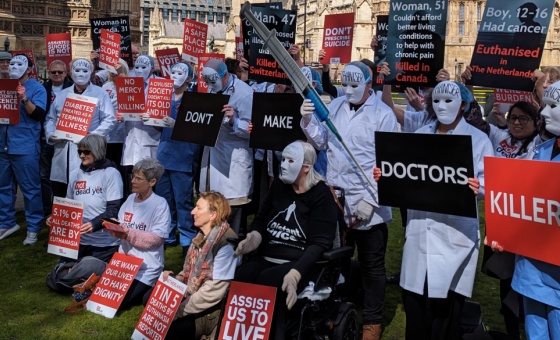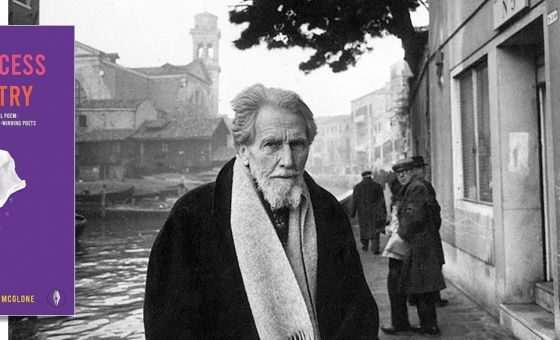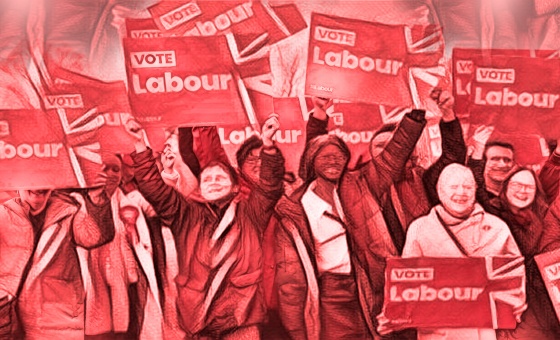This is the last article you can read this month
You can read more article this month
You can read more articles this month
Sorry your limit is up for this month
Reset on:
Please help support the Morning Star by subscribing here
THE concept of progressive federalism will debated at the forthcoming congress of the Communist Party. So what is progressive federalism and why is it central to our daily struggles across this island?
Communists believe that the concentrated power of capital can only be countered if working people are able to use their own collective power democratically at all levels.
Progressive federalism is about securing the institutions and continuing class mobilisation needed to do this across the nations and regions of Britain.
The task of the Communist Party’s progressive federalism commission is articulating the best way to implement party policy as laid out in our programme, Britain’s Road to Socialism.
This programme maintains that it is essential that the Scottish Parliament, Welsh Senedd, and regions in England have the economic, legislative and financial powers to protect and develop the economic, social and cultural interests of their people. Cornwall requires an assembly with these powers also.
This would enable intervention in the economy and the exercising of popular sovereignty over monopoly and market forces.
Communists advocate a federalism that is progressive — shifting power and wealth away from monopoly control towards working people and their allies developing the power to extend democratic control over the allocation of resources at federal, national and regional level.
We seek a working-class democracy that upholds and take forward progressive national traditions. Our strategy must be rooted in local and regional struggle with a perspective of redistributing wealth and power.
However these strategies will differ in the nations of Wales and Scotland, in Cornwall, and the regions of England, with the class character of federalism depending on the class realities where people live.
Central to them all will be advancing democratic control and public ownership.
We need to mobilise working-class communities, bringing people into activity and struggle, building the links between these communities and the organised working class, the trade union movement.
This building democracy from below, can counteract the anti-democratic power of big business. The giant corporations, aided and abetted by government, who penetrate our localities.
The Westminster and Scottish governments have been hollowing out local government, centralising control and working hand in glove with big business privatising our communities.
We campaign for a reform of local government and local government finance so that councils are truly answerable to local communities. To make that a reality local councils must be run by elected members rather than a handful of senior officials.
Communists seek to build alliances with all opposed to neoliberal policies that seek to subvert still further local working-class democracy.
We believe a united front can be built that understands that we require public-sector control of our utilities, an active industrial policy involving state aid and local democratic control, community wealth building and public-sector investment.
We should look at councils being responsible for public utilities, bus transport, power, and housing and funding to be made available for this to happen.
To make the above a reality the commission is aware we need to win a fuller understanding across our own party of the immediate relevance of progressive federalism, especially in England.
We require to create plans at the level of our districts and nations that are specific and address local and regional issues. The resultant analysis has to be won in the labour and progressive movement to enable wider campaigns to be built.
Time is short and we face immediate challenges. Local government finance is in crisis. Local democracy is being destroyed.
Were we able to win mass support for such a position in regional assemblies and national parliaments, with delegated powers, supported by the extra-parliamentary support of a mobilised trade union movement, we could ensure that a federal Westminster Parliament would redistribute wealth and power on the basis of need.
Such an advance could create the basis of public ownership control over key areas of social provision.
This movement has to come from below and to be rooted in local demands for control over housing, power, transport, other essentials of community life and relevant areas of employment.
To conclude: we require to mobilise working-class communities where trade union councils can play a key role in this strengthening of links between the trade unions and communities.
This building of democracy from below is central to creating mass working-class power, such that it could counteract the agenda of the anti-democratic power of the big business corporations which blight our localities.










